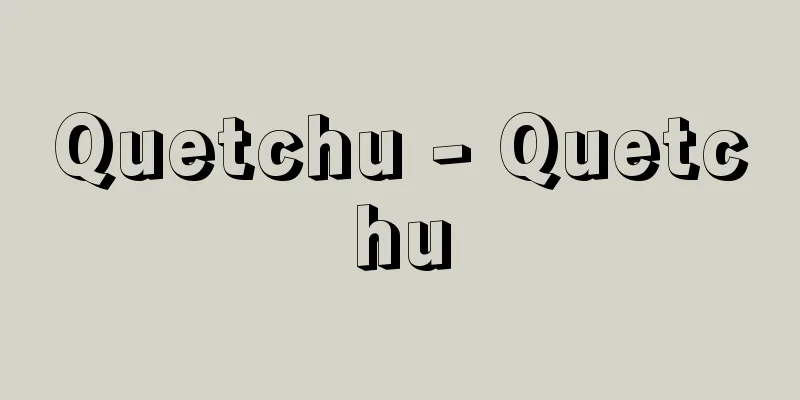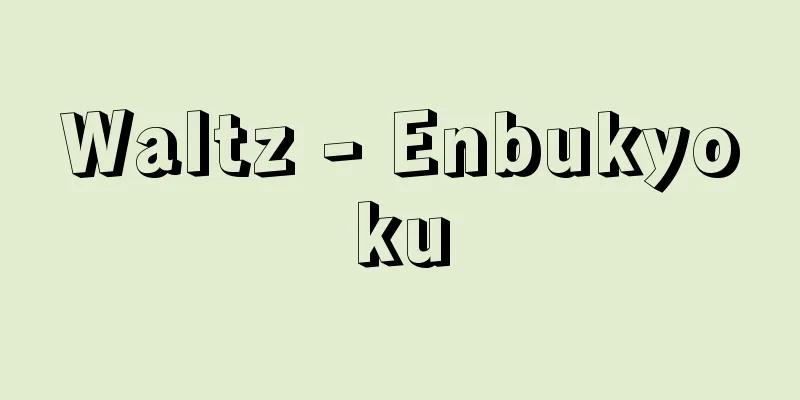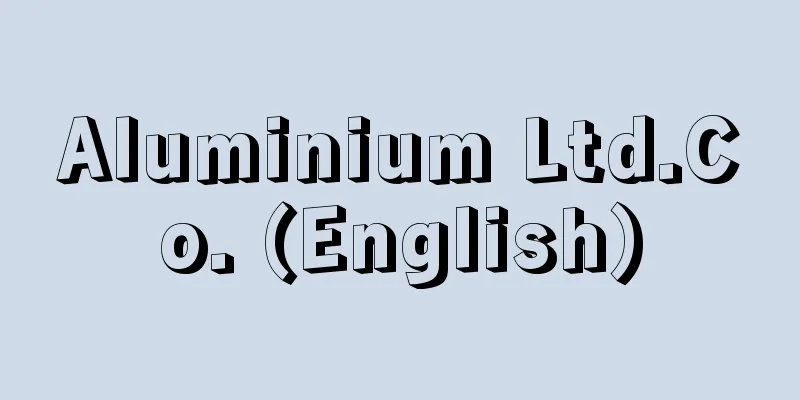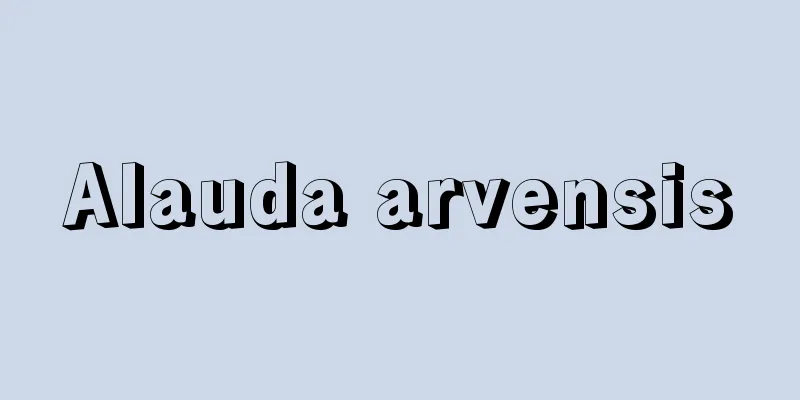Guest house - ke-hu; k`o-hu

|
In China, this term refers to tenant farmers who do not own land. Originally, the term kaku was used to refer to people who were not natives, and to those who were sojourners. After the Han, Wei, and Six Dynasties, those who did not own land and were subordinate to powerful families and landlords were called kaku. During the Tang Dynasty and the collapse of the equal-field system, landowners were called tsuko, shuko, and seiko, while tenant farmers (tsuko) and landless merchants and employees were called kuko. During the Song Dynasty, the distinction between shuko and kuko always appeared in household statistics. There was also the term tsukokaku, but kuko can be roughly thought of as tsuko. After the Yuan Dynasty, statistics that distinguished between master and guest were rarely seen. Source: Encyclopaedia Britannica Concise Encyclopedia About Encyclopaedia Britannica Concise Encyclopedia Information |
|
中国で土地をもたない小作人などを指す語。元来,土着者に対して寄留者を客という。漢,魏,六朝以後,土地を所有せず,豪族,地主に隷属する者を客といい,唐代,均田制の崩壊以後は,土地所有者を土戸,主戸,正戸などと呼んだのに対して,小作人 (佃戸) や土地を所有しない商人や雇傭人などの戸を客戸と呼んだ。宋代には,戸口統計に主戸,客戸の区別が必ず現れている。佃客の語もあるが,客戸は大まかにいえば佃戸と考えてよい。元以後は,主客を区別した統計はあまりみられない。
出典 ブリタニカ国際大百科事典 小項目事典ブリタニカ国際大百科事典 小項目事典について 情報 |
<<: Reverse Course - Gyaku Course
Recommend
Inomata
...Remains of the jori system remain in Kita-Jujo...
Federation internationale des sociétés d'aviron
…The inter-university race between the US univers...
Neutral beam injection
...However, this method does not heat the plasma ...
Nagayuki Ogasawara - Nagamichi Ogasawara
Year of death: January 22, 1891 (Meiji 24) Year of...
Long hair - Kaminaga
〘Noun〙① One of the taboo words for the Saigū or Ne...
Hanyang-fu
...In the Unified Silla period, it was incorporat...
Macrobrachium longipes (English spelling) Macrobrachium longipes
… [Takeda Masatomo]. … *Some of the terminology t...
Yuzuriha - Yuzuriha
An evergreen tall tree of the family Pycnonotacea...
Japanism
…In recent years, interest in traditional Japanes...
La dolce vita (sweet life)
An Italian-French co-production film made in 1960...
Jiangnan Army
A faction of the Yuan army, consisting mainly of s...
Non-glutinous rice - Non-glutinous rice
…Indian rice is characterized by its elongated gr...
Iyosenka - Iyosenka
…It is written in various ways, such as Senka, Se...
Kawatana [Hot Spring] - Kawatana
A hot spring in Toyoura-cho, Toyoura-gun, Yamaguch...
Suwannee River
The Suwannee River is located at the base of the F...






![Kamiizumi [village] - Kamiizumi](/upload/images/67cb3ea528481.webp)


